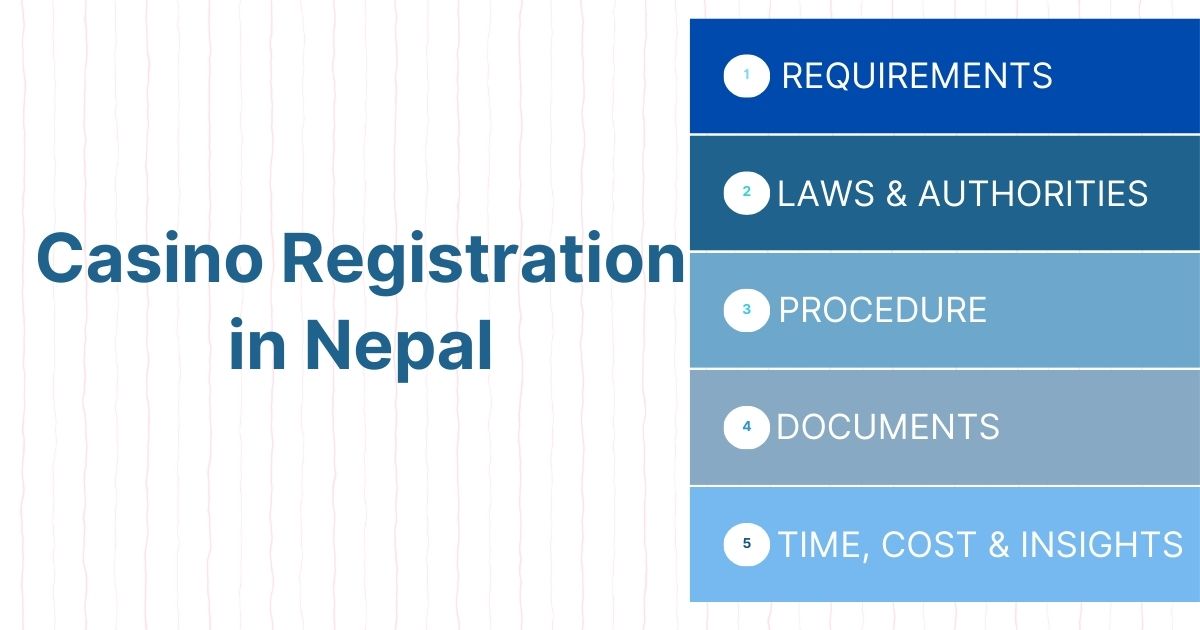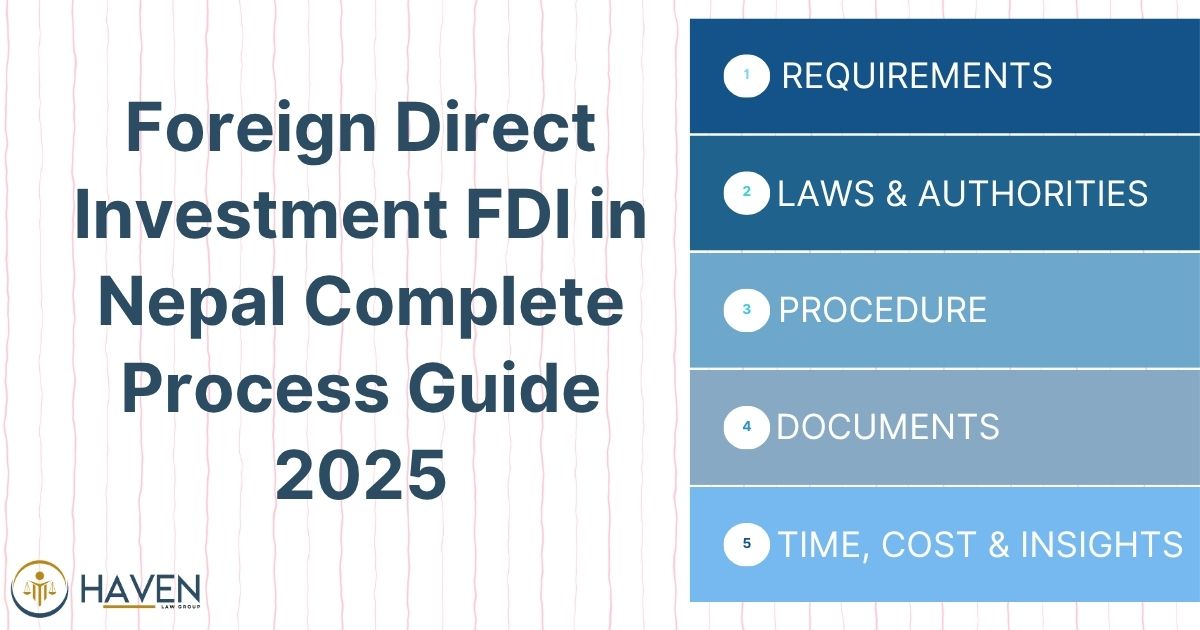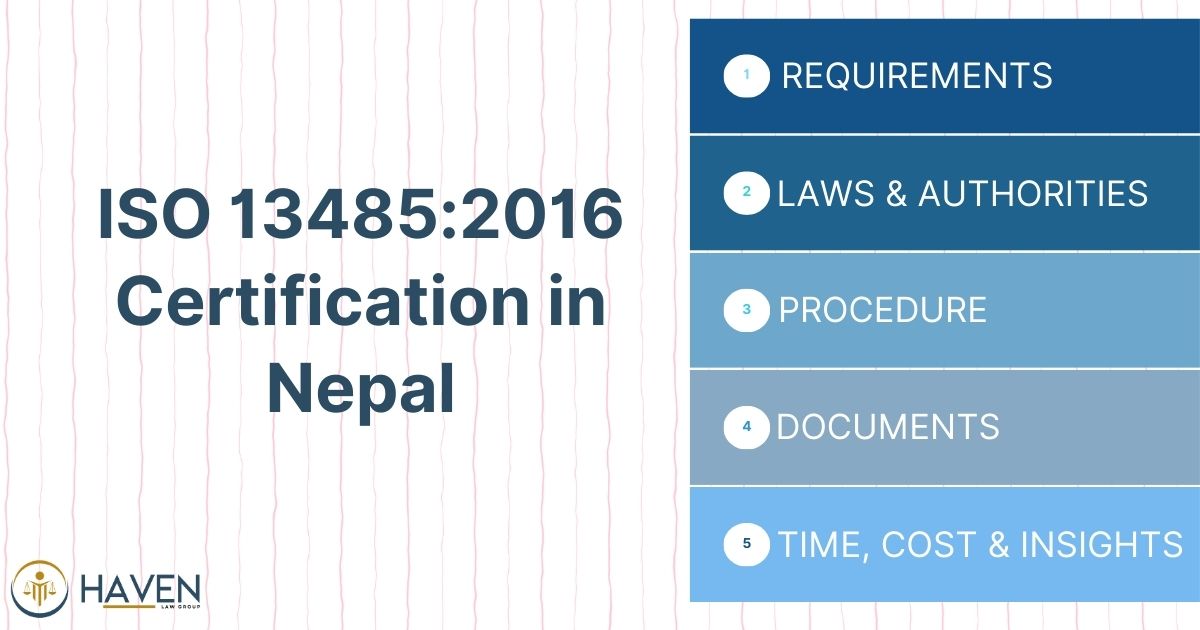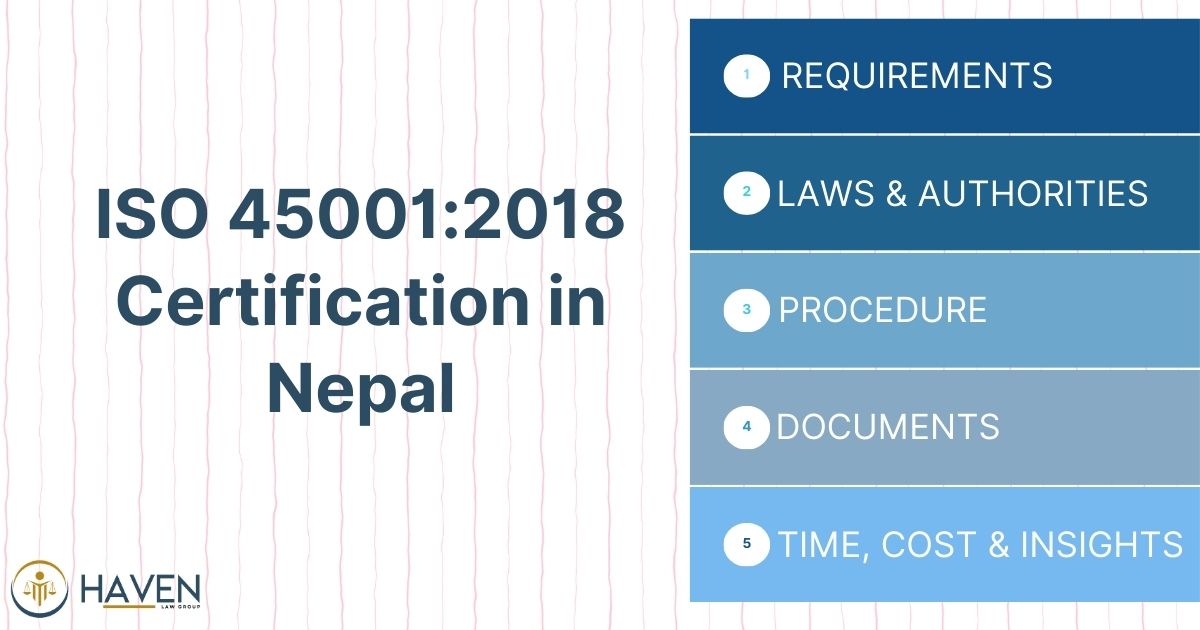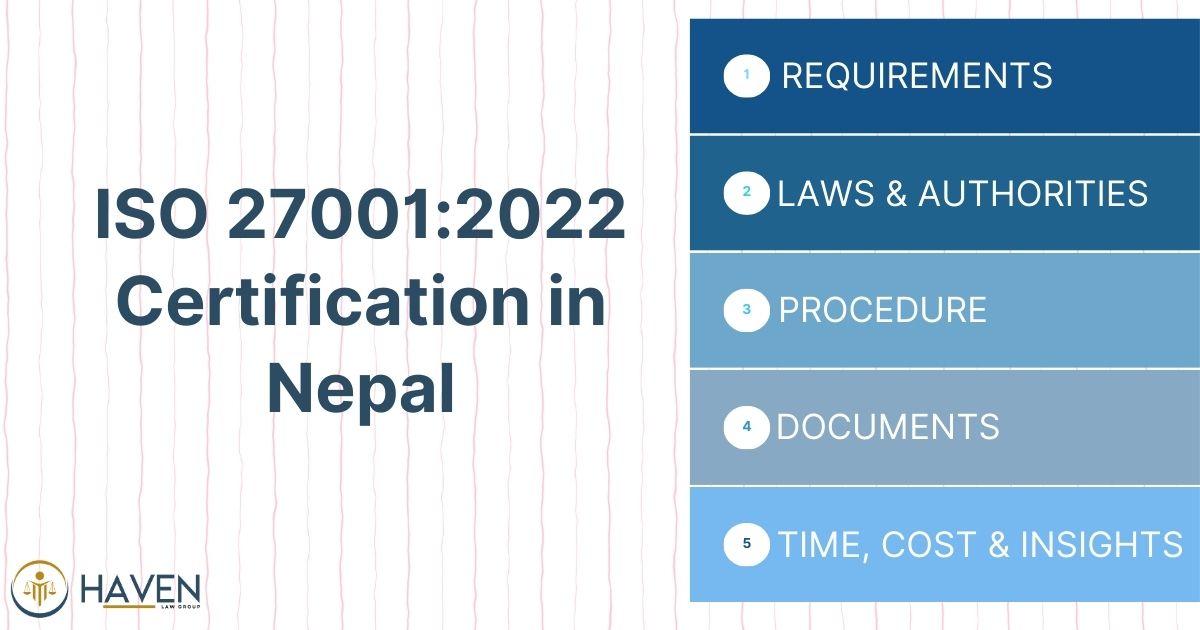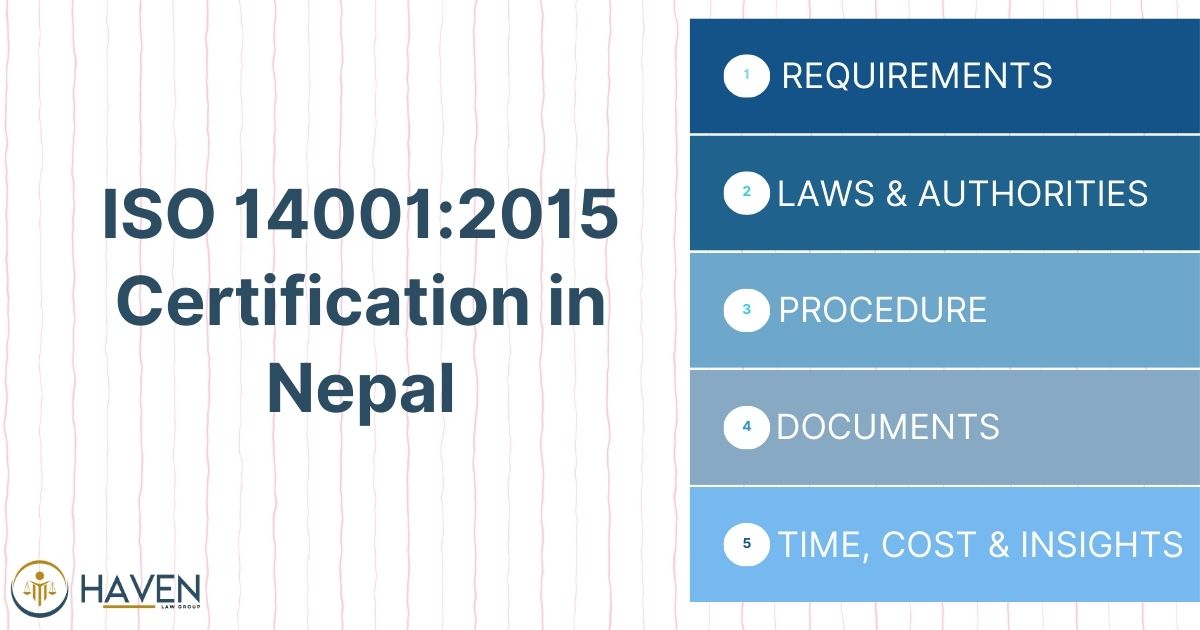Introduction
Non-Resident Nepalis (NRNs) play a crucial role in Nepal’s economy and development. As their involvement in various sectors grows, so does the potential for disputes. This article provides an in-depth examination of the legal framework and processes for NRN dispute resolution in Nepal, drawing on relevant laws, regulations, and legal principles. Understanding NRN dispute resolution is essential for NRNs looking to navigate potential conflicts effectively.
Legal Status of Non-Resident Nepalis
Definition and Recognition
The Non-Resident Nepali Act, 2064 (2008) defines an NRN as a person of Nepali origin holding a foreign citizenship. This Act grants NRNs certain rights and privileges, including the ability to invest in Nepal and own property. However, it also creates a unique legal status that can complicate dispute resolution processes.
The process of NRN dispute resolution is critical in ensuring that NRNs can engage confidently in business and personal matters in Nepal.
Rights and Obligations
NRN dispute resolution mechanisms must be clear and accessible to ensure that NRNs can protect their investments and rights.
Under Nepali law, NRNs have specific rights and obligations. The Foreign Investment and Technology Transfer Act, 2075 (2019) allows NRNs to invest in Nepal on par with foreign investors. This legal framework creates a conducive environment for NRN involvement in the Nepali economy but also necessitates clear dispute resolution mechanisms.
Types of NRN Disputes Involving NRNs
Common examples of NRN dispute resolution cases include contractual disputes and investment-related issues, which require tailored approaches.
Commercial Disputes
Commercial disputes involving NRNs often arise from business transactions, investments, or contractual disagreements. These may include:
In the realm of family law, NRN dispute resolution can be particularly delicate, often requiring mediation to preserve family ties.
- Joint venture conflicts
- Breach of contract claims
- Intellectual property disputes
- Foreign investment-related issues
Property Disputes
Property disputes are common among NRNs, particularly concerning:
- Ancestral property claims
- Land ownership conflicts
- Tenancy disputes
- Real estate investment disagreements
Family Law Matters
Family law disputes involving NRNs may include:
- Divorce proceedings
- Child custody battles
- Inheritance conflicts
- Adoption issues
Legal Framework for NRN Dispute Resolution
Applicable Laws
Several laws govern dispute resolution for NRNs in Nepal:
The jurisdictional aspects of NRN dispute resolution also play a significant role in shaping how disputes are handled in Nepal.
- The Arbitration Act, 2055 (1999)
- The Mediation Act, 2068 (2011)
- The Foreign Investment and Technology Transfer Act, 2075 (2019)
- The Non-Resident Nepali Act, 2064 (2008)
- The Civil Code, 2074 (2017)
These laws provide the foundation for various dispute resolution mechanisms available to NRNs.
Jurisdiction and Venue
Determining the appropriate jurisdiction and venue for NRN disputes can be complex. The Civil Procedure Code, 2074 (2017) outlines the rules for jurisdiction in civil matters. For international disputes, the choice of law and forum selection clauses in contracts play a crucial role.
Dispute Resolution Mechanisms
Litigation
Litigation remains a primary method for resolving disputes involving NRNs in Nepal. The court system, governed by the Administration of Justice Act, 2073 (2016), provides a structured process for adjudicating claims.
Court Structure
Nepal’s court system consists of:
- Supreme Court
- High Courts
- District Courts
NRN disputes may be heard at any level, depending on the nature and value of the claim.
Understanding arbitration as a form of NRN dispute resolution is essential, as it often serves as a quicker alternative to litigation.
Procedural Considerations
Litigation involving NRNs must adhere to the Civil Procedure Code, 2074 (2017). Key considerations include:
- Filing of plaints and written statements
- Evidence submission and witness testimony
- Appellate procedures
- Enforcement of judgments
Arbitration
Arbitration offers a flexible alternative to litigation for NRN disputes. The Arbitration Act, 2055 (1999) provides the legal framework for both domestic and international arbitration in Nepal.
Key Features of Arbitration
- Party autonomy in selecting arbitrators and procedures
- Confidentiality of proceedings
- Enforceability of awards under the New York Convention
- Limited grounds for challenging arbitral awards
International Arbitration
For disputes with international elements, parties may choose international arbitration forums such as:
- International Chamber of Commerce (ICC)
- Singapore International Arbitration Centre (SIAC)
- London Court of International Arbitration (LCIA)
Mediation
Mediation is gaining popularity as a dispute resolution method in Nepal. The Mediation Act, 2068 (2011) provides a legal basis for mediation processes.
Benefits of Mediation for NRN Disputes
- Culturally sensitive approach
- Preservation of relationships
- Cost-effective and time-efficient
- Flexible and confidential process
Mediation Centers
Several mediation centers in Nepal cater to NRN disputes, including:
- Nepal International ADR Center (NIAC)
- Commercial Mediation Center Nepal (CMCN)
- National Judicial Academy Mediation Center
Specialized Dispute Resolution Mechanisms
Foreign Investment Dispute Resolution
The Investment Board Nepal Act, 2068 (2011) establishes a mechanism for resolving disputes related to foreign investments, including those made by NRNs.
Key Features
- One-stop service for foreign investors
- Facilitation of dispute resolution through negotiation and mediation
- Coordination with relevant government agencies
NRN-Specific Dispute Resolution Bodies
NRN dispute resolution can also face challenges, particularly in enforcing decisions across borders, which requires careful planning and legal support.
The Non-Resident Nepali Association (NRNA) has established dispute resolution committees to address conflicts among its members and with other parties in Nepal.
It is crucial for NRNs to be aware of jurisdictional complexities in NRN dispute resolution to effectively safeguard their rights.
NRNA Dispute Resolution Committee
Cultural and language barriers can significantly impact NRN dispute resolution processes, making it vital for NRNs to seek knowledgeable legal assistance.
- Provides mediation and arbitration services
- Focuses on disputes related to NRN investments and business activities
- Collaborates with Nepali government agencies and legal institutions
Challenges in NRN Dispute Resolution
Implementing best practices in NRN dispute resolution can create a smoother pathway for resolving conflicts and maintaining business relations.
Preventive measures in NRN dispute resolution include drafting contracts that explicitly outline dispute resolution procedures, enhancing clarity and reducing conflicts.
Cross-Border Enforcement
Enforcing Nepali court judgments or arbitral awards in foreign jurisdictions can be challenging. Nepal is not a party to many bilateral or multilateral enforcement treaties, complicating the process for NRNs seeking to enforce decisions abroad.
Jurisdictional Complexities
Determining the appropriate jurisdiction for NRN disputes often involves complex legal analysis, particularly when multiple countries are involved.
Cultural and Language Barriers
NRNs may face cultural and language barriers when engaging in dispute resolution processes in Nepal, potentially affecting the fairness and efficiency of proceedings.
Legal Knowledge Gaps
Many NRNs may lack familiarity with Nepali legal systems and procedures, necessitating specialized legal representation and education.
Best Practices for NRN Dispute Resolution
Preventive Measures
- Careful drafting of contracts with clear dispute resolution clauses
- Regular legal audits of business operations in Nepal
- Maintaining open communication channels with Nepali partners and authorities
Choice of Forum and Law
- Careful consideration of the most appropriate dispute resolution forum (e.g., litigation, arbitration, mediation)
- Strategic selection of governing law for contracts and agreements
Legal Representation
- Engaging qualified Nepali lawyers with experience in NRN matters
- Considering dual representation with lawyers in both Nepal and the NRN’s country of residence
Documentation and Evidence
- Maintaining thorough records of all transactions and communications
- Ensuring proper authentication and legalization of foreign documents for use in Nepali proceedings
Recent Developments and Future Outlook
Future developments in NRN dispute resolution will likely focus on improving efficiency and accessibility for NRNs navigating the legal landscape.
As legal reforms progress, NRNs can anticipate a more streamlined process for NRN dispute resolution, enhancing their legal experience in Nepal.
Legal Reforms
Recent legal reforms in Nepal aim to streamline dispute resolution processes and make them more accessible to NRNs:
- The Foreign Investment and Technology Transfer Act, 2075 (2019) introduces new provisions for dispute resolution in foreign investment cases.
- Amendments to the Arbitration Act are under consideration to align with international best practices.
Technology in Dispute Resolution
The COVID-19 pandemic has accelerated the adoption of technology in dispute resolution processes:
- Virtual hearings and online mediation sessions are becoming more common.
- E-filing systems are being implemented in Nepali courts to facilitate access for NRNs.
Capacity Building
Efforts are underway to enhance the capacity of Nepali legal professionals and institutions to handle NRN disputes effectively:
- Training programs for judges, arbitrators, and mediators on international best practices
- Collaboration with international organizations to improve dispute resolution mechanisms
Conclusion
Effective dispute resolution for NRNs in Nepal requires a nuanced understanding of the legal framework, available mechanisms, and potential challenges. By leveraging the appropriate dispute resolution methods and adhering to best practices, NRNs can navigate conflicts more effectively, fostering a more stable and attractive environment for their continued engagement with Nepal.
As Nepal continues to develop its legal infrastructure and dispute resolution capabilities, NRNs can expect more efficient and tailored processes for addressing their legal concerns. However, the complexity of cross-border disputes necessitates ongoing vigilance, strategic planning, and expert legal guidance to ensure the protection of NRN interests in Nepal.
What is the process for NRNs to resolve legal disputes in Nepal?
NRNs can resolve legal disputes in Nepal through courts or alternative dispute resolution. They must follow standard legal procedures, potentially engaging a local attorney to represent their interests in Nepalese courts or mediation proceedings.
Can NRNs file civil or commercial cases in Nepalese courts?
Yes, NRNs can file civil or commercial cases in Nepalese courts. They have the same rights as Nepalese citizens to access the judicial system, though they may need to appoint a local representative or attorney.
What legal rights do NRNs have in dispute resolution in Nepal?
NRNs can resolve property disputes through Nepalese courts or mediation. They should gather relevant documents, consult a local attorney, and follow legal procedures. Land Revenue Offices may assist in certain property-related matters.
Are there alternative dispute resolution (ADR) mechanisms available for NRNs in Nepal?
Yes, Nepal offers alternative dispute resolution mechanisms for NRNs, including mediation and arbitration. These methods can be faster and more cost-effective than court proceedings, often resolving disputes amicably outside the formal legal system.
What role does the NRN Association play in dispute resolution?
The NRN Association provides guidance and support to NRNs in dispute resolution. They may offer legal advice, connect NRNs with local attorneys, and facilitate communication with relevant authorities to address legal issues.
Do NRNs need to be physically present in Nepal to resolve disputes?
Physical presence is not always required for NRNs to resolve disputes in Nepal. They can appoint a legal representative or use power of attorney. However, attendance may be necessary for certain court proceedings or mediations.


